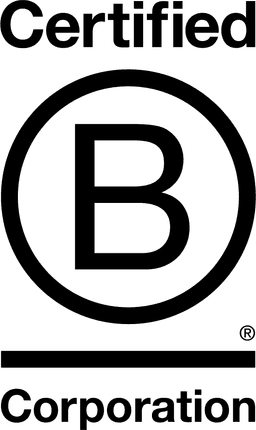

Mentorloop

Victoria, Australia
September 2016
Software publishing and SaaS platforms
Service with Minor Environmental Footprint
Australia
We believe the right connection can change your life. At Mentorloop, we’re making these connections accessible. We believe the best personal & professional growth is achieved through human connection, knowledge exchange, and shared experiences. So we created a cloud-based mentoring software platform that enables organisations to match their people into effective mentorships at any scale. We are a team of mentoring advoc For mentoring program coordinators Mentorloop makes it easier to build and scale a program up from 100 to 1000s of participants, and with transparent reporting Mentorloop increases accountability and optimises the ROI of a mentoring program. For our end users (mentors and mentees) Mentorloop facilitates connections, improves communication, allows for more efficient knowledge sharing and ultimately improves productivity. Mentorloop takes the admin burden out of setting up mentoring programs, so clients can concentrate on the important things - people and relationships. Set-up on Mentorloop requires no integration, and minimal training, so clients can be onboarding their users in five minutes. Mentorloop seeks to change peoples lives for the better through making mentoring more accessible for more people regardless of their location or professional status.
Overall B Impact Score
Governance 19.8
Governance evaluates a company's overall mission, engagement around its social/environmental impact, ethics, and transparency. This section also evaluates the ability of a company to protect their mission and formally consider stakeholders in decision making through their corporate structure (e.g. benefit corporation) or corporate governing documents.
What is this? A company with an Impact Business Model is intentionally designed to create a specific positive outcome for one of its stakeholders - such as workers, community, environment, or customers.
Workers 37.6
Workers evaluates a company’s contributions to its employees’ financial security, health & safety, wellness, career development, and engagement & satisfaction. In addition, this section recognizes business models designed to benefit workers, such as companies that are at least 40% owned by non-executive employees and those that have workforce development programs to support individuals with barriers to employment.
Community 27.4
Community evaluates a company’s engagement with and impact on the communities in which it operates, hires from, and sources from. Topics include diversity, equity & inclusion, economic impact, civic engagement, charitable giving, and supply chain management. In addition, this section recognizes business models that are designed to address specific community-oriented problems, such as poverty alleviation through fair trade sourcing or distribution via microenterprises, producer cooperative models, locally focused economic development, and formal charitable giving commitments.
Environment 6.5
Environment evaluates a company’s overall environmental management practices as well as its impact on the air, climate, water, land, and biodiversity. This includes the direct impact of a company’s operations and, when applicable its supply chain and distribution channels. This section also recognizes companies with environmentally innovative production processes and those that sell products or services that have a positive environmental impact. Some examples might include products and services that create renewable energy, reduce consumption or waste, conserve land or wildlife, provide less toxic alternatives to the market, or educate people about environmental problems.
Customers 30.2
Customers evaluates a company’s stewardship of its customers through the quality of its products and services, ethical marketing, data privacy and security, and feedback channels. In addition, this section recognizes products or services that are designed to address a particular social problem for or through its customers, such as health or educational products, arts & media products, serving underserved customers/clients, and services that improve the social impact of other businesses or organizations.
What is this? A company with an Impact Business Model is intentionally designed to create a specific positive outcome for one of its stakeholders - such as workers, community, environment, or customers.